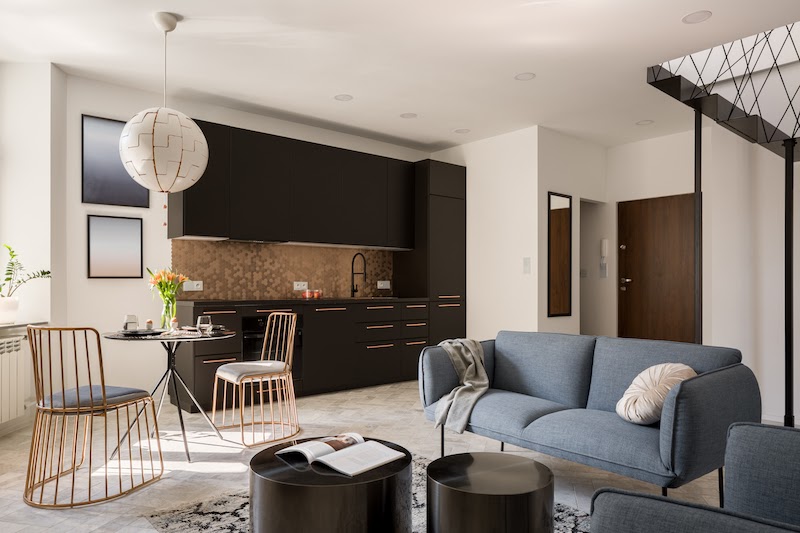Keeping our homes clean is of the utmost importance right now. Not only are we cleaning more often but the need for materials that are easier to clean is also becoming more important. For these reasons, the use of antimicrobial materials in our homes is rising. If you’re looking to incorporate more germ-resistant materials into your home, check out this list before you plan your next home improvement project.
1. Cork and LVT Flooring
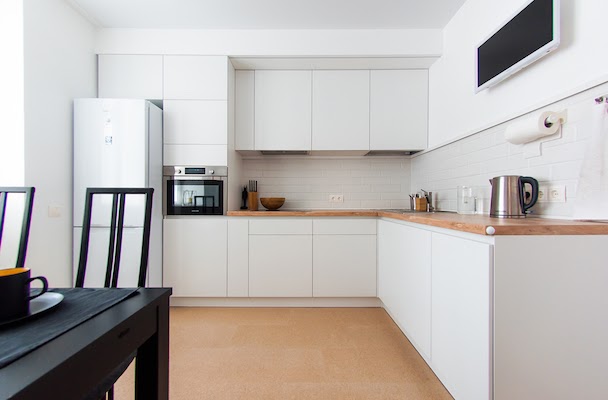
Floors are some of the dirtiest surfaces in our homes. From the moment we walk through the door, our floors can be covered in dirt and germs. This is why more homeowners are starting to rethink their flooring choice. Did you know that cork flooring is actually naturally antimicrobial and water-resistant? This makes it a great choice as it can help prevent the growth of mold and mildew. If you don’t love the look of cork, Luxury Vinyl Tile (LVT) is another good option. LVT can look like traditional hardwood but with an added bonus. The chemicals used to treat the surface of LVT flooring are also antimicrobial. This way you can get the look of hardwood with an additional layer of protection.
2. Quartz Countertops
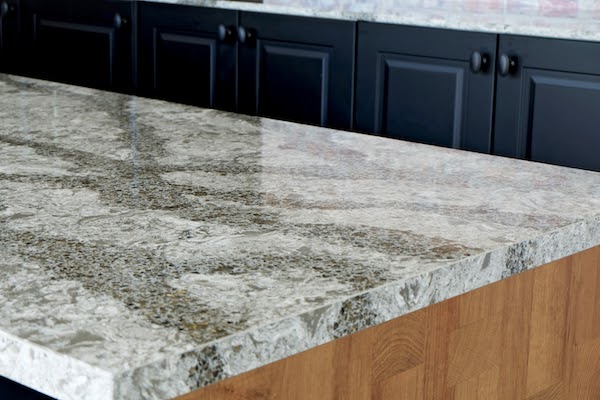
Many homeowners love quartz countertops for their resemblance to marble and lower price point. But did you know that quartz countertops are also less porous than marble? As quartz is a manmade material, it does not scratch as easily and allow food-related bacteria to settle in. This means that you won’t have to spend nearly as much time disinfecting your quartz countertops as you would with marble. With everyone at home more, your countertops are probably being used for more than just meal prep. Whether you’re working from home or your kids are doing schoolwork, you want to ensure a germ-free surface for everyone.
3. Antimicrobial Paint
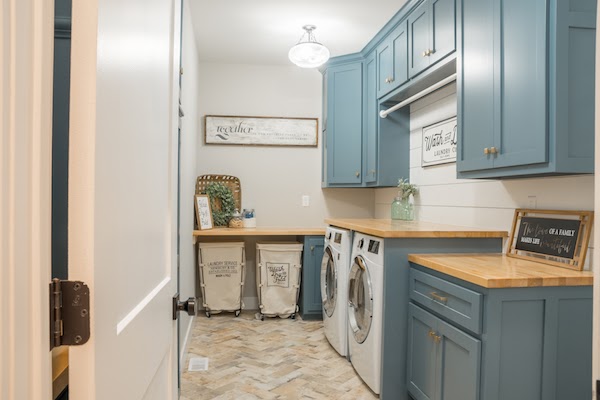
Some homeowners may be surprised to learn that antimicrobial paint exists. While it is typically used in commercial settings, products are available for homeowners as well. Certain paint brands carry pain that helps prevent bacteria from growing on walls. This is especially useful in rooms such as bathrooms, laundry rooms, kitchens and even basements. If you would like to add antimicrobial paint to your home, speak to a painting specialist who can help you find brands that carry antimicrobial paint.
4. Copper Fixtures and Hardware
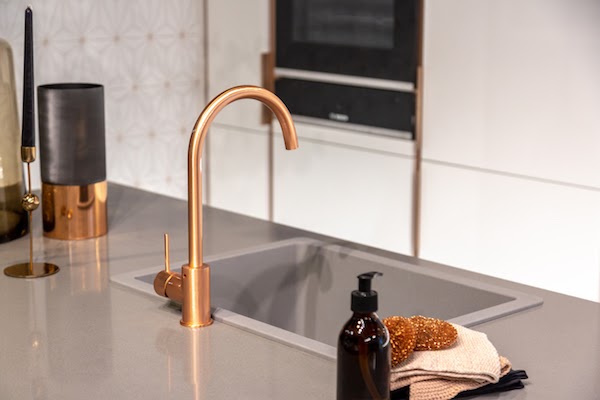
When it comes to metals, copper is your best bet. Copper is not only beautiful but it does not hold on to bacteria for as long as other metals (4 hours as compared to 72). This is because copper is a naturally antimicrobial material. If you’re updating your kitchen or bathroom, consider adding copper faucets, drawer pulls, knobs and handles to your project. While using copper won’t eliminate the need for disinfecting, it can help to reduce the length of time that bacteria or viruses can remain on its surface.
While we’re all doing everything we can to help stop the spread of COVID-19, your home can also play a part. Consider incorporating these antimicrobial materials into your home to help stop the spread of germs, bacteria and viruses. The best part about these materials is that they are all good choices for your home and can easily be added by any pro on HomeStars. When you’re ready to start your next project, tell your pro about your needs and they will be sure to help you incorporate these antimicrobial materials into your home.
